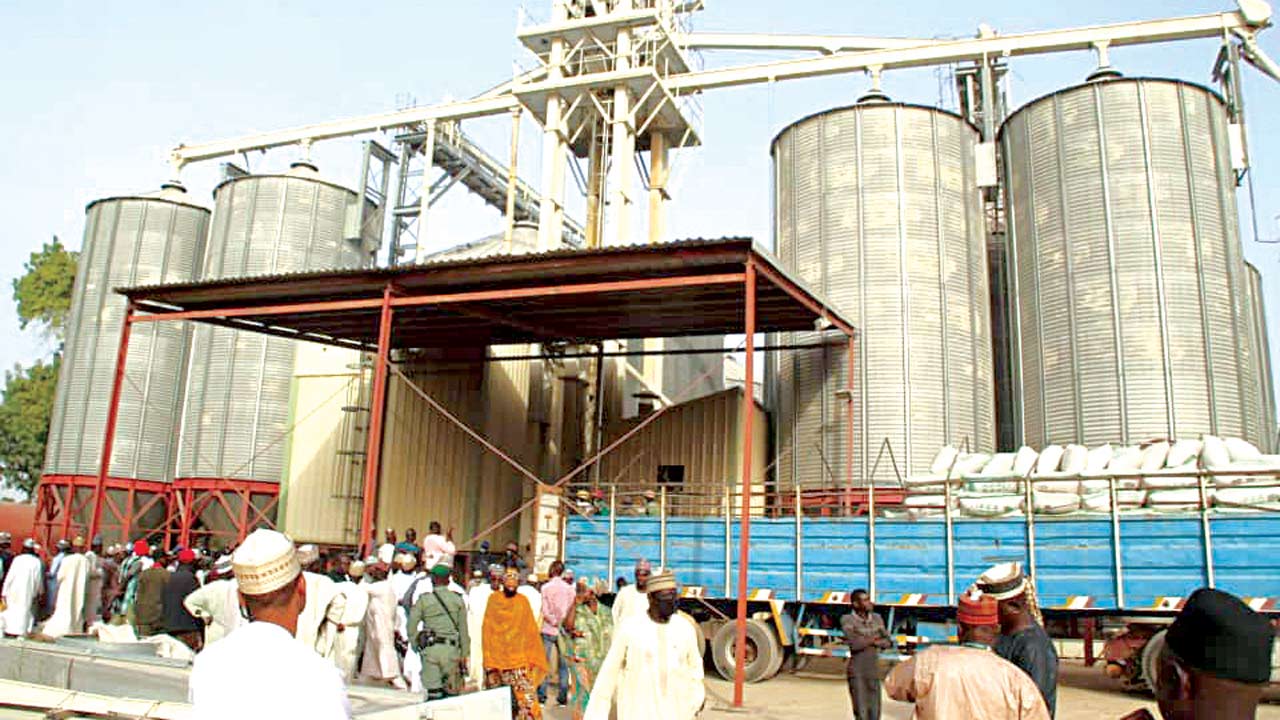Chairman of the House Committee on Livestock, Hon. Wale Raji, has lamented the significant capital flight caused by the country’s reliance on livestock imports due to its inability to meet domestic consumption demands.
Speaking at the inaugural meeting of the Committee in Abuja, Raji noted that the annual production in Nigeria’s livestock sector is estimated at 563 million chickens, 58 million cattle, 124 million goats, 60 million sheep, and 16 million pigs.
However, this output falls short of meeting the nation’s consumption needs, resulting in the expenditure of vast amounts of foreign exchange on imported livestock products.
Raji explained that the creation of the House Committee on Livestock Development on October 2, 2024, was a direct response to the establishment of the Federal Ministry of Livestock Development by President Bola Tinubu.
This move was the first step toward implementing the recommendations of the Presidential Committee on Livestock Development. He said, “The creation of the Ministry of Livestock Development, as rightly recognised by Mr. President at a recent stakeholders meeting, was long overdue.
“It is unfortunate that the livestock sector has not received due attention from successive administrations despite its huge potential and contribution to our economy.
“The annual production in the livestock sector is estimated at 563 million chickens, 58 million cattle, 124 million goats, 60 million sheep, and 16 million pigs.
“While this positions Nigeria as the leading livestock producer in West Africa, we are far from meeting our consumption needs, resulting in the expenditure of huge amounts of foreign exchange on importing livestock products that could be easily produced locally.
“Honourable colleagues, our nation stands at the precipice of extraordinary opportunity. The livestock sector is ripe for transformation, offering pathways to food security, economic diversification, and wealth creation.
“As we begin our work, it is our responsibility and privilege to be part of the pioneering effort to reposition this sector for a future of prosperity and sustainability.
“Our mandate, as approved by the Speaker, encompasses the general oversight of the Ministry responsible for Livestock Development. This includes its departments, parastatals, agencies, colleges, and research institutes, as detailed in the reports of the Presidential Livestock Reforms Implementation Committee co-chaired by Mr. President,” Raji said.
He outlined the departments and institutions covered by the Committee’s mandate; including technical departments such as Dairy Animal Husbandry Services; Beef Animal Husbandry Services; Sheep and Goat Husbandry Services; Poultry Husbandry Development; Swine and Micro Livestock Husbandry Services; and Ranch and Pastoral Resources Development.
Other institutional bodies under its scope include Animal Feed and Fodder Development; Animal Breed Improvement and Genetic Resources Management; Livestock Commodity Value Chain and Entrepreneurship Development; Livestock Technology Innovation; Extension and Advisory Services; Animal Health Services; Veterinary Epidemiology and Risk Assessment; Veterinary Public Health and Food Safety; Veterinary Sanitary Mandate and Allied Products; and Veterinary Quality Assurance and Certification.
Speaking further; Raji said the Committee is also mandated to oversee parastatals; agencies; and colleges; including the Veterinary Council of Nigeria (VCN); the Nigeria Institute of Animal Science (NIAS); Colleges of Animal Health and Husbandry Technology; the National Livestock Training Centre (NLTC); and the College of Animal Sciences.
The Committee is also tasked with overseeing federal research institutes; such as the National Animal Production Research Institute (NAPRI); Beef and Dairy Production Research Institute; Sheep and Goat Production Research Institute; Poultry Production Research Institute; Swine and Micro Livestock Production Research Institute; Feed and Grassland Research Institute; National Veterinary Research Institute (NVRI); National Animal Diseases Vaccines and Biological Production; National Animal Diseases Central Diagnostic Laboratory; Genetic Resources Management Research Institute; and the Nigerian Institute of Trypanosomiasis Research.
He emphasised the wide scope of the Committee’s mandate, noting that it is crucial for ensuring the effective and impactful development of the livestock sector. Raji pledged to execute the Committee’s duties with diligence, transparency, and a commitment to excellence












